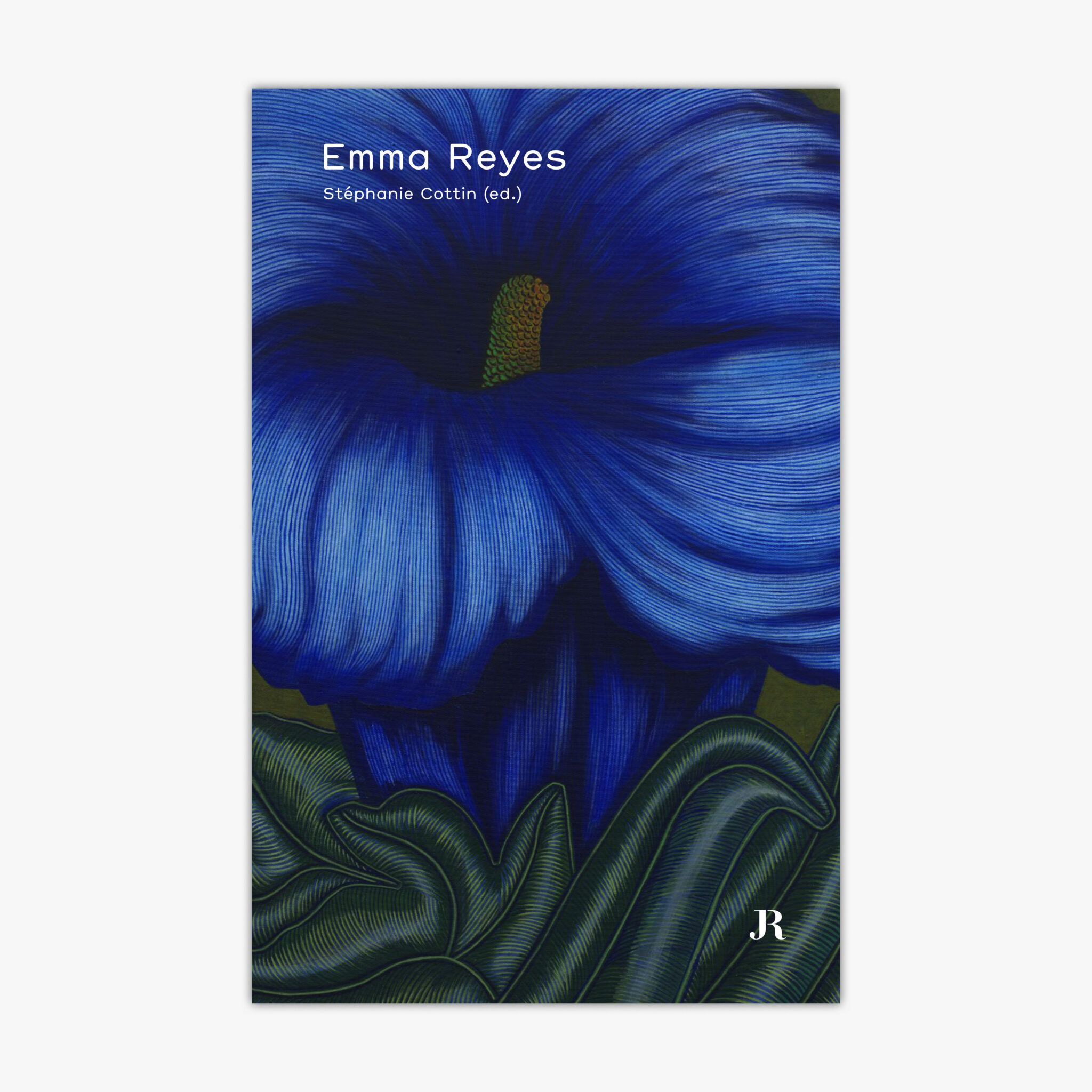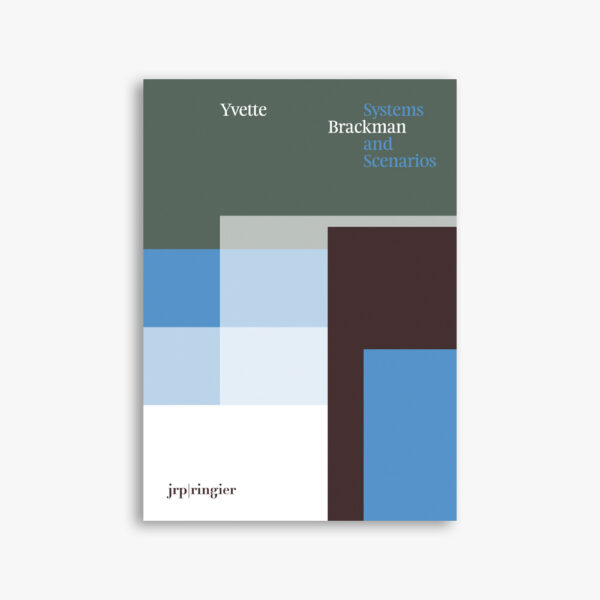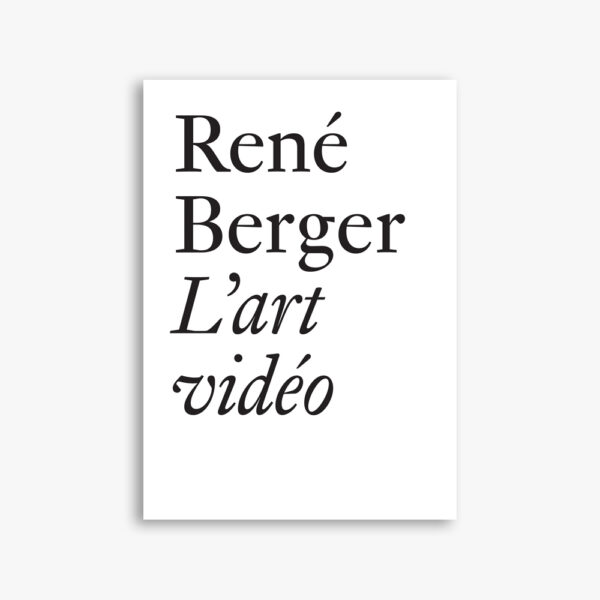| ISBN : | 978-3-03764-617-5 |
|---|---|
| Publication : | September 2024 |
| Order from : |
This first publication on Colombian artist Emma Reyes (Bogota, 1919–Bordeaux, 2003) is an introductory overview to the unique painting and drawing practice she developed from the mid-1940s to the early 2000s in Argentina, the United States, Mexico, Italy, Israel, Colombia, and France, where she eventually settled in 1960. Her work is included in the 2024 Venice Biennale and was the subject of a revelatory solo exhibition at MAMCO, Geneva, in Fall 2023.
This volume gathers together works from her major series of the 1980s and 1990s, as well as essays by French art critic and curator Stéphanie Cottin, a Reyes expert, and renowned Peruvian curator Miguel A. López. Archival documentation, a biography, and excerpts from Reyes’ acclaimed childhood memoirs complete the volume.
A self-taught artist, Reyes frequented and made an impression on artists and writers such as Lola Álvarez Bravo, Gabriel García Márquez, Frida Kahlo, André Lhote, Enrico Prampolini, and Diego Rivera during her nomadic life. Her work can be associated with the aesthetics of 20th-century Latin American Magic Realism. In the mid-1950s, she began painting “Monsters”—part-human, part-animal hybrids—adopting a formal vocabulary that combined elements of post-Cubist and pre-Columbian art. This “animistic” tendency remained central throughout her work. In the early 1970s, she definitely turned her back on Western ideas, and adopted a distinctively South American worldview which culminated in her 1980s and 1990s series. In her “Imaginary Portraits” she drew on her identity, and memories of her journey across Latin America in the early 1940s, especially the time spent in the Paraguayan jungle, to depict individuals set among lush vegetation. Featuring her signature spidery lines and colorful compositions, the human being and surrounding jungle are one, telling an ancestral story of kinship. Reyes also created masterful close-up paintings of flowers, fruit, and vegetables, portraying them as living beings.
Her practice set her apart from the formal concerns of her contemporaries, and allowed her to reconnect with her cultural identity. Far from calling for a return to the wild, she aimed to reject the anthropocentric worldview and return humanity to its rightful place, in dialogue with its environment. She made an important contribution to the debates around modern anthropocentrism and Eurocentrism in art through her creations, and anticipated contemporary discussions around “natureculture” (Donna Haraway), art, and ecological concerns.







